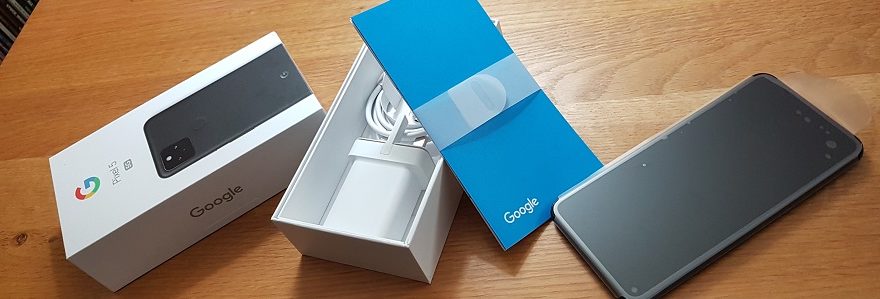
How many smartphone manufacturers sell their phones in the UK?
The mobile phone market used to be a pretty linear and limited affair.
As recently as 2007, one in two smartphones sold in the UK was a Nokia. Yet Nokia’s market share had fallen to 6.5 per cent by 2010, and last year, it was below one per cent.
This can partly be attributed to the failure of Nokia’s make-or-break Symbian operating system, which was a poor substitute for Android or iOS.
However, it can also be attributed to the sheer number of smartphone manufacturers in the UK these days.
As 2021 continues where 2020 left off, there’s unprecedented competition in our highly mature market.
So whose products can you buy? And which are the newest smartphone manufacturers in the UK’s phone shops and online retailers?
The old guard
With last year’s sales figures yet to be released, Statista data from 2019 provides a detailed breakdown of the most successful smartphone manufacturers in the UK.
Representing the traditional end of the market are firms like the aforementioned Nokia, Motorola and BlackBerry owners RIM.
It might surprise you to learn that you can still buy a BlackBerry handset in the UK, though we recently previewed their 2021 handset range.
They now run on Android, and their iconic QWERTY keyboards represent the only real point of difference from other manufacturers.
Motorola, another Millennial stalwart, held 1.88 per cent of the UK market in 2019, placing it marginally behind Sony Ericsson on 2.17 per cent.
Sony’s decline has been pronounced, though less dramatic than LG, whose handsets accounted for less than one in 130 sold across the UK in 2019.
Even this was better than the relatively poor 0.47 per cent attributed to HTC, though its range has subsequently expanded to include five handsets.
The big hitters
Few people would deny that Google has made a success of its entry into the smartphone market, but its limited product range means it only held 1.25 per cent of the 2019 UK market.
A different set of challenges has faced Huawei, with controversy about State-level hacking and the absence of Android and Google software hurting its fortunes.
Even so, competitive pricing and some fine handsets helped it secure eight per cent of the UK smartphone market.
Despite becoming the world’s largest smartphone manufacturer in 2020, Huawei’s UK market share is dwarfed by Apple (49 per cent) and Samsung (29 per cent).
Yet their position as the leading smartphone manufacturers in the UK is under threat from the Far East…
The Chinese contingent
You can now buy smartphones from a number of Chinese manufacturers.
These include Xiaomi, Oppo, OnePlus, Vivo and RealMe.
Traditionalists dismiss them as peddling cut-price clones of Western hardware, and it’s true that many of these handsets focus on value rather than advanced specifications.
Yet like Huawei before them, you can expect these well-established (and well-funded) firms to continue eating into the market share of the current industry leaders this year.

